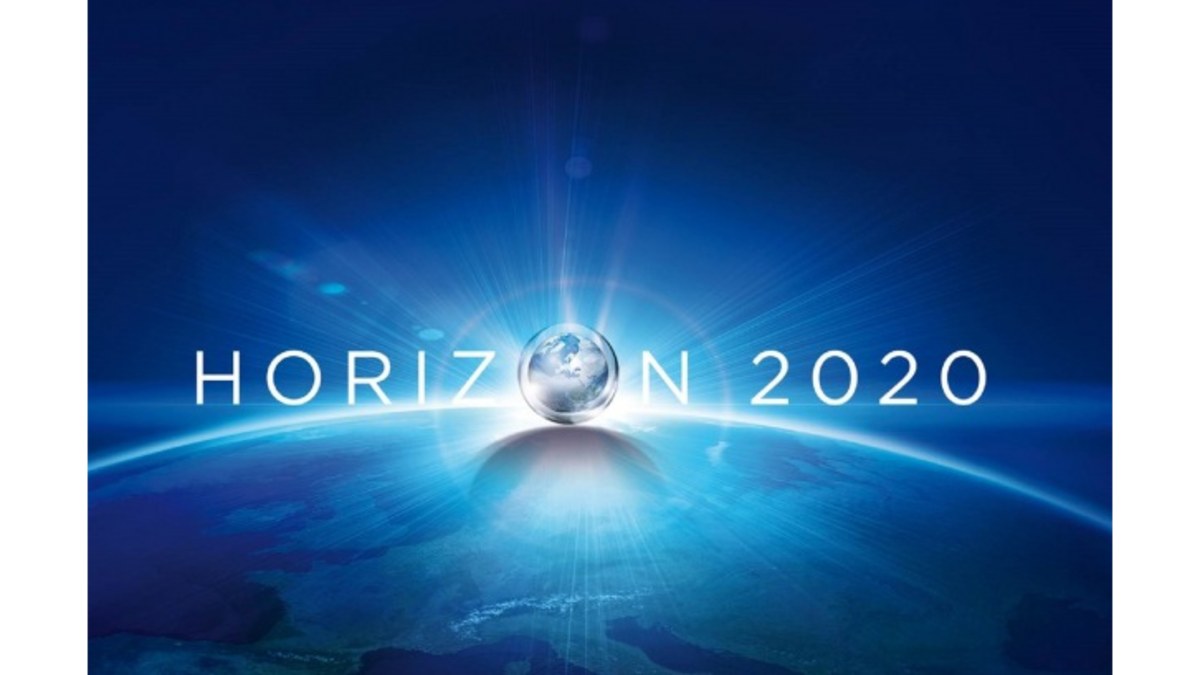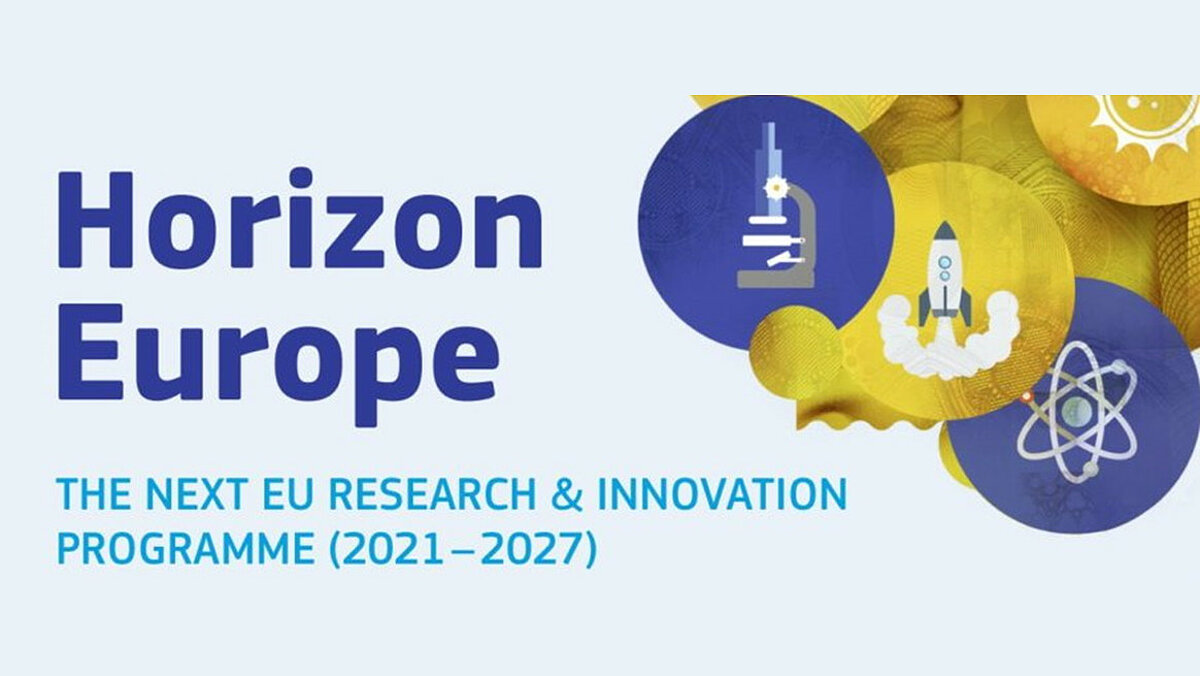
Alison Abbott, a science writer in Munich, Germany, and a former senior European correspondent for Nature, has publiced her thoughts and conclusions about Horizon 2020 and Horizon Europa.
Horizon 2020 was the world’s biggest multinational research programme, having distributed €74 billion (US$90 billion) to more than 150,000 scientists participating in 31,000 projects or grants.
Author has followed EU framework research programmes since the early 1990s. She supposes that the scientific community had a love–hate relationship with them. But the mood changed for the better with the launch of Horizon 2020, the eighth in the series. One key was the expansion in Horizon 2020 of the European Research Council (ERC), which gives large grants to individual researchers.
A central, unchanging aspiration is for borderless research so that scientists across the continent can work in any country without disadvantage and can freely exchange research materials and data. But the European Commission, executor of the programmes, has often pressed to address issues that are indirectly related to research — for example, supporting gender equality, raising the economic prospects etc. Those aims produced application procedures of bewildering complexity. Serious efforts to reduce complexity became visible during Framework Programme 7 (FP7, 2007–13) and paid off in Horizon 2020, with simplified application and reporting procedures.
Horizon 2020 created a dedicated funding stream for excellence-driven fundamental research. The ERC is the major component of the fundamental research stream. After a limited test run in FP7, it was embedded in Horizon 2020. An independent evaluation earlier this year concluded that around 80% of ERC-funded projects make scientific breakthroughs or major advances.
Despite the massive simplification and rule relaxations, application procedures for Horizon 2020 were still heavy, and applicants had low success rates. Just 13% of ERC applications were approved. This may be somewhat improved in Horizon Europe, with its higher budget of €95 billion.
Still, there is no research programme in the world like Horizon 2020. Author believes Horizon Europe would open more widely to the world have been dashed as the global political mood becomes more nationalistic. But mostly, the spirit of Horizon 2020 will live on in its successor.
